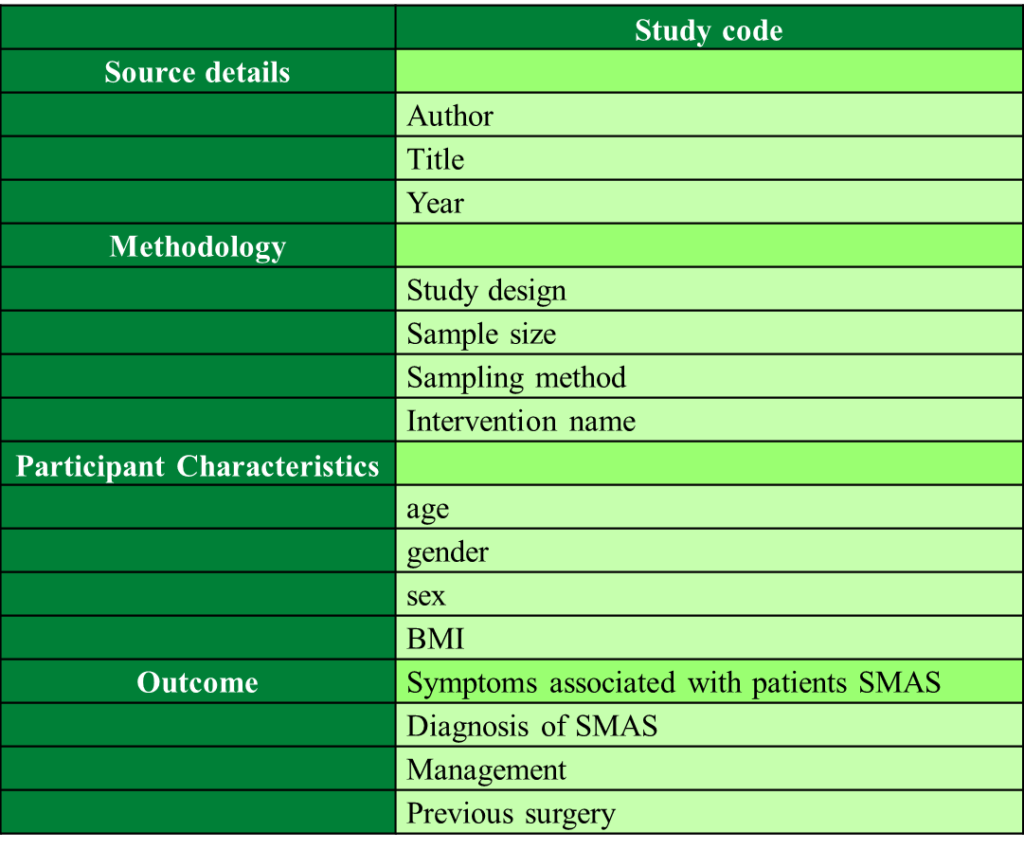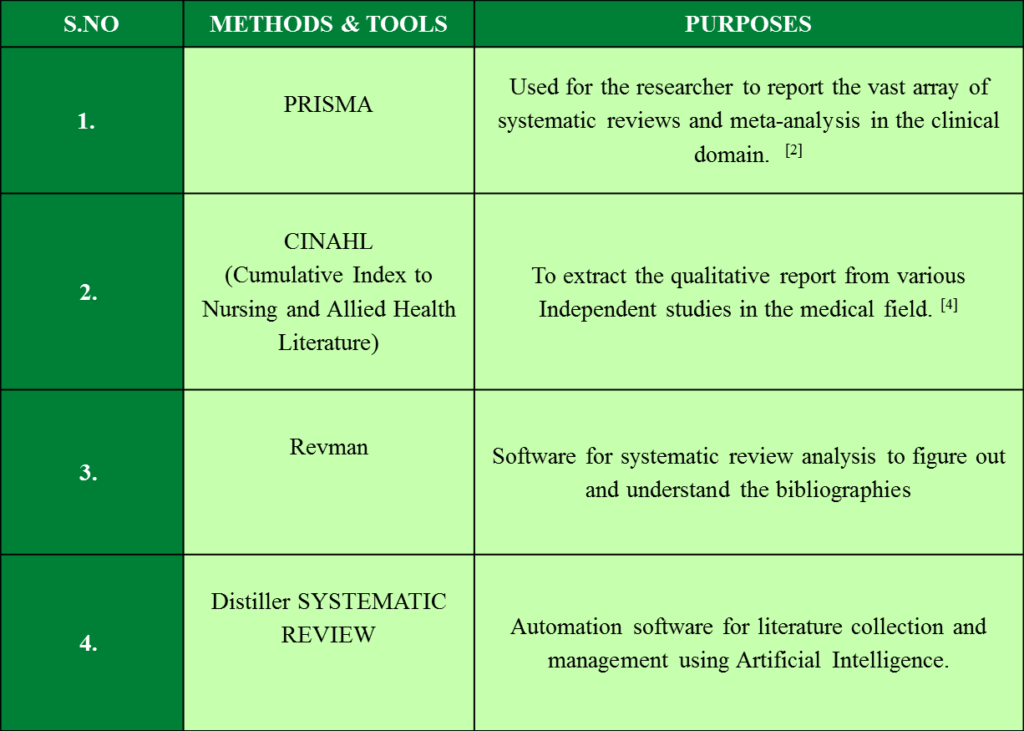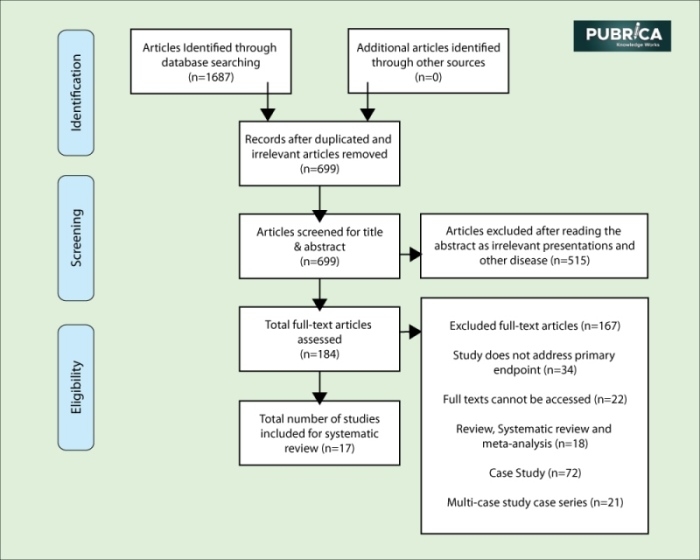
Which is appropriate to use fixed-effect or random effect statistical model while conducting meta-analyses?
April 22, 2021
Selecting materials for medical device industry
May 1, 2021Introduction:
The data extraction is the essential and primary protocol for conducting a systematic review and meta-analysis. In order to help, this blog post will introduce you to the process involved in the data extraction for conducting a systematic review and meta-analysis. A meta-analysis often accompanies systematic review. It involves using statistical methods and techniques to pool the data from many studies on a particular topic to generate single quantitative data. This generates an estimate which is more potent than conventional hypothesis testing. It generates inferences that are more reliable than reported by individual studies. A quantitative, formal, epidemiological study design will be followed for performing a meta-analysis.
Process involved in the data extraction for Meta-Analysis and Systematic Review:
Process Flow:
- Define the review question and establish criteria for including studies in the review
- Search for studies that answer the review question
- Choose studies that meet the review criteria
- Extract data from included studies
- Assess the possibility of bias in included studies by objectively evaluating them
- Evaluate the included data by conducting meta-analyses where applicable
- Address reporting biases
Search strategy:
Various databases are available for the articles screening for the Systematic Review and Meta-Analysis, including MEDLINE, PubMed, Scopus and Cochrane databases. Each database is having a different search strategy procedure for article screening. The most commonly used search strategy was Medical Subject Headings (MeSH) terms (Appendix 2). Below we have provided the example of the articles screening process for the systematic review and Meta-Analysis.
Example:
Question: How to extract the data for the management of Superior Mesenteric Artery Syndrome (SMAS)?
- Different combinations of keywords will be used for the search strategies and medical subject headings (MeSH) to generate two subsets of citations: one for SMAS, using the MeSH and terms like “SMAS”, “SMA syndrome”, “superior mesenteric artery syndrome” and the other for its management using terms and MeSH like surgery, resection, bypass etc.
- To search other databases, the keywords were changed according to each database’s searching protocol, including management of SMAS “Superior mesenteric artery syndrome”, “Wilkie syndrome”, “Cast syndrome”, “mesenteric duodenal compression syndrome”, “chronic duodenal ileus”. Bibliographic sources will be screened.
- After that read sample papers related to SMAS management to identify the variables.
- Freeze template using the variables for SMAS methodology, characteristics, therapeutics,etc.
Data Extraction Template:

Risk of bias (quality) assessment)
Quality assessment will be performed as part of the data extraction process. Two independent reviewers will critically appraise included studies to assess the risk of bias using the Quality of Health Economic Studies (QHES) tool.
Tools For Data Extraction:

Example of a PRISMA diagram used for data extraction
PRISMA focuses on how authors can ensure that systematic reviews and meta-analyses are transparent and complete. It does not discuss the conduct of systematic reviews explicitly or in-depth, but there are other resources available.

Pubrica develops the PRISMA statement and this explanatory document to help authors report a wide array of systematic reviews to assess the benefits and harms. When reporting systematic reviews of non-randomized trials evaluating the benefits and harms of interventions, we consider several of the checklist items significant. We recognize that authors who answer concerns about aetiology, diagnosis, or prognosis and who review epidemiological or diagnostic accuracy research, for example, will need to change or include additional items in their systematic reviews.
CONCLUSION:
In future, to obtain the solution for a problem statement, the hurdles of analytics can be minimized by Data extraction. Without data extraction, systematic reviews and meta-analysis proposals threw many human errors in manipulation and calculations in earlier days. The evolution of Data extraction scrutinizes and maintaining the reliability of data in the existing studies.
REFERENCES:
[1] Nelson, Leah F., et al. “Cognitive outcomes of young children after prenatal exposure to medications for opioid use disorder: a systematic review and meta-analysis.” JAMA network open 3.3 (2020): e201195-e201195.
[ 2] Ohta, R.; Ryu, Y.; Sano, C. The Contribution of Citizens to Community-Based Medical Education in Japan: A Systematic Review. (2021)
[3] Brown, Lydia, Rando, Alora A, Eichel, Kristina PhD5; Van Dam, Nicholas T. Celano, Christopher M Huffman, Jeff C. Morris, Meg E. “The Effects of Mindfulness and Meditation on Vagally-Mediated Heart Rate Variability, Psychosomatic Medicine: Volume Publish Ahead of Print – Issue” (2020)
doi: 10.1097/PSY.0000000000000900
[4] Melissa M. Lane, Jessica A. Davis, Sally Beattie, Clara Gómez‐Donoso, Amy Loughman, Adrienne O’Neil, Felice Jacka, Michael Berk, Richard Page, Wolfgang Marx, Tetyana Rocks “Ultra-processed food and chronic non-communicable diseases: A systematic review and meta‐analysis of 43 observational studies.” (2021)
[5] Zhenwei Yang, Jialong Liu, Yunjiao Zhou, Xixian Zhao, Qiu Zhao, Jing Liu, “The effect of corticosteroid treatment on patients with coronavirus infection: a systematic review and meta-analysis” (2020)
[6] Byun, Young Jae, et al. “Treatment of Vestibular Migraine: A Systematic Review and Meta‐analysis.” The Laryngoscope 131.1 (2021): 186-194.
